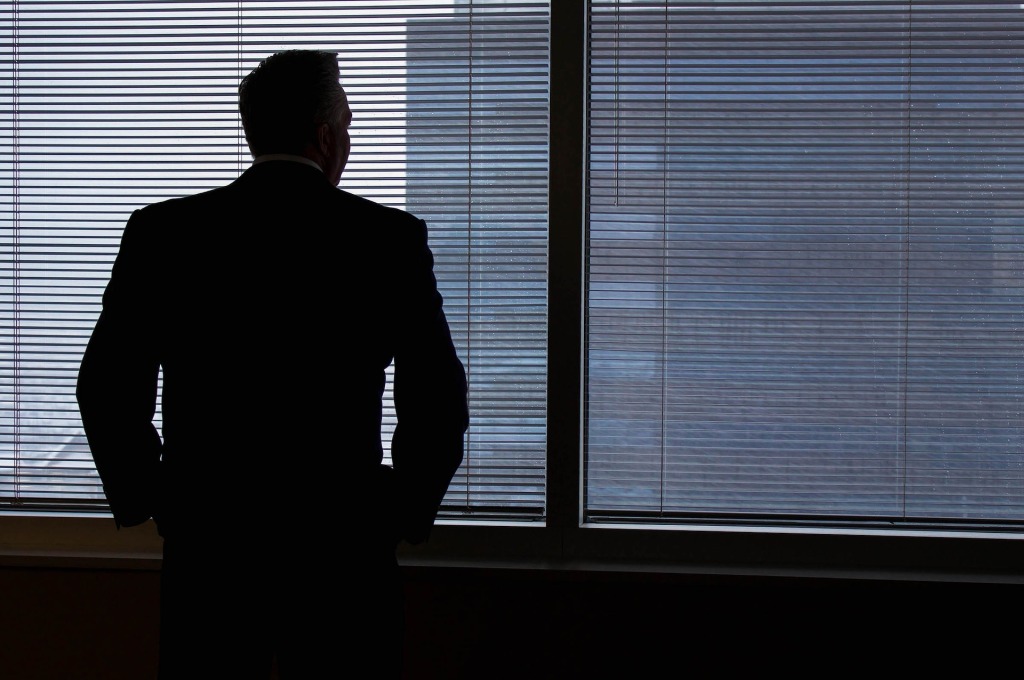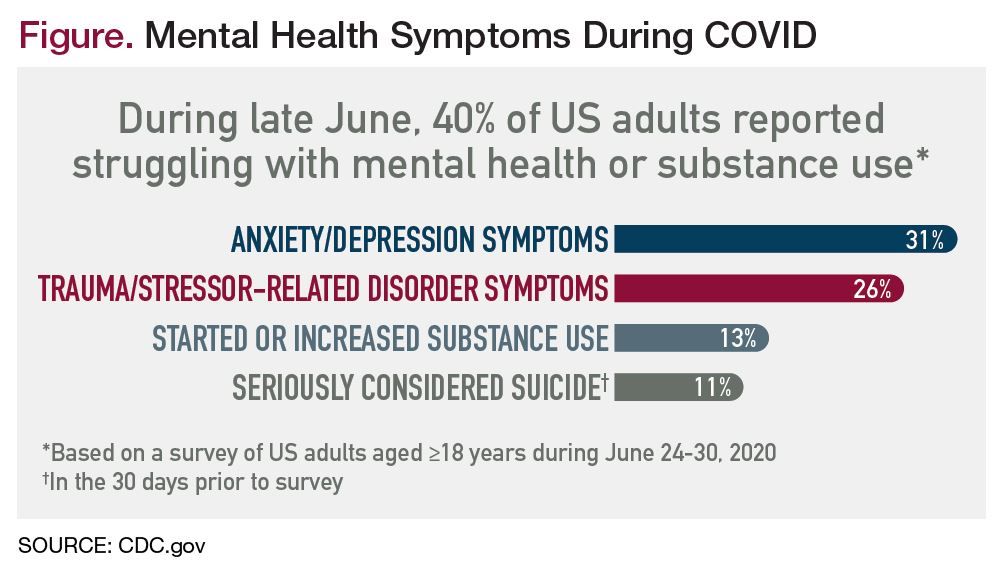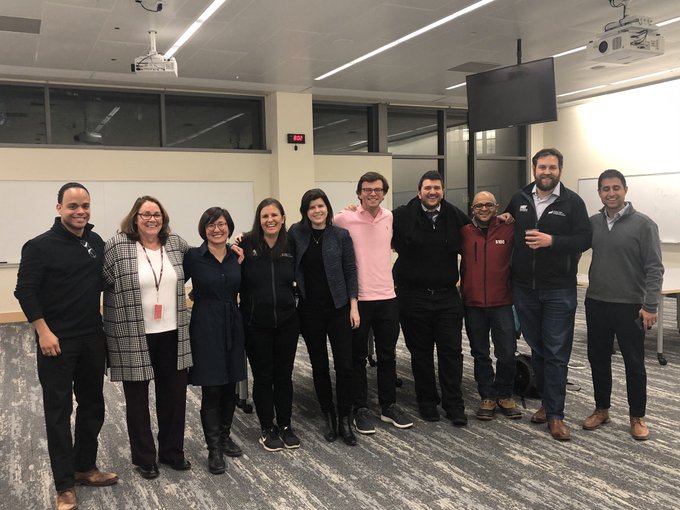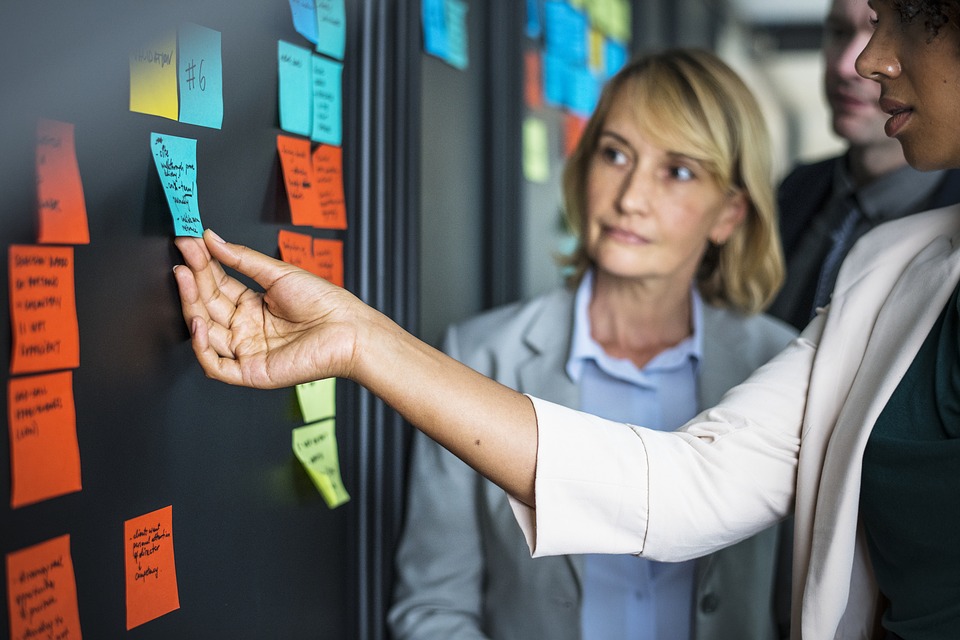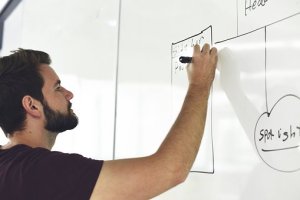At MIT delta v, the capstone educational accelerator for MIT students run by
the Martin Trust Center for MIT Entrepreneurship, our board members are a very special
part of the entrepreneurial mix. Each summer, the student teams work extremely
hard to identify their beachhead market, build the right product, and secure
initial customers as they form and grow their startup companies. On a daily
basis, they receive mentorship and coaching from the Trust Center staff and the
Entrepreneurs in Residence, but the rubber really meets the road when it’s time
for the board of directors meetings. The board members bring in their real life, outside
perspectives as the teams prepare to formally present their startups at the
culmination of the program on Demo Day.
The delta v students
live and breathe each detail of their startups every day, and interactions with
their board members gives the students a chance to step back, look at the big
picture, and convince others of their vision. They must rise to the challenge
of communicating their business plan clearly and succinctly. There is a huge
opportunity to learn from people on the board, who know a great deal about
business fundamentals and have tremendous networks that can help an
entrepreneur.
Our board members
are incredible! Each of them is assigned to a startup team based on their
industry interest, and they dedicate a minimum of 90 minutes per month during the
summer to these meetings, not even counting preparation and follow up. The
board’s specific role is to evaluate a team’s progress based upon rubrics and
metrics focusing on customer and market understanding in month one, product development
in month two, and the readiness of the business to launch in month three. In each
meeting, the board evaluates how successful the team has been in meeting
benchmarks and then awards the team an associated amount of equity-free funding.
As a result, both the teams and the members of the board take these meetings
very seriously.
But what’s in it for
these volunteer board members?
Each of these people
are highly successful, incredibly busy business executives, entrepreneurs,
faculty, or domain experts. I’m sure each and every one could use a little
extra downtime in their lives – especially over the summer – but instead they
choose to engage with us at delta v. None do so passively; they come prepared
and are tough graders for these student teams. Since delta v is an education
accelerator, none of them have an equity stake in the companies they advise.
So why give back? I
reached out and asked board members why they chose to do this. Their answers
are truly amazing and inspiring.
Why have you chosen to give of your time, talent, and
wisdom?
“Entrepreneurship requires a support network. It is almost
impossible to do it alone. I have received so much support from the MIT
ecosystem (that) I want to do whatever I can to help provide the same support
for others in the community.” – Adam Blake, entrepreneur and
investor, Board Member for Viridis
“To me, the energy that radiates from the MIT community is
like no other in the world. The ‘pay-it-forward’ mindset is so intrinsic to the
culture at MIT; thus, I feel honored to be able to share anything I have
learned so far, which might be helpful to others.” – Amanda von Goetz,
FERMATA Profiling,
Board Member for Season Three
“My brain finds all this engaging. The board members and the
structure help these [students] move along on their developmental path, which
in turn contributes to the world’s ‘good’ business karma.”
– Antoinette Russell, Eaton Vance, Board Member for CaroCare
“I have received a lot of help and encouragement in my
career to take on tasks that seemed impossible (sort of like starting a
company!), and this is my way of paying it forward.” – Chris Zannetos,
Covered Security, Board Member for Quantifai
“All the time I invest in it is well spent, for it’s equally
inspiring and enriching to hear new ideas, thought processes, and extract so
much from all this talented and diverse melting pot.” – Jerome Selva,
IBM Watson Customer Engagement, Board Member for Quantifai
“Entrepreneurship matters! It drives our society forward and
helps us solve the world’s greatest problems. Giving our time and sharing our
experience is how we keep the startup fire alive.” – Max Faingezicht.
Entrepreneur, Board Member for Precavida
“Servant leadership is very important to me – it’s all about
enriching the lives of others, building better organizations and ultimately
creating a world that is more caring and equitable.” – Rita B. Allen,
Rita B. Allen Associates, Board Member for CaroCare
With all the worthy causes, why delta v?
“It’s always as much of a learning experience for me to be a
part of a team on the ground floor of some amazing ventures. It’s also a
wonderful opportunity to network with students in the program, as well as colleagues
and business professionals/executives throughout different disciplines and
industries within the Boston community.” – Rita B. Allen
“delta v is the
program that I wish existed when I was a student. I believe it epitomizes the ‘manus’
part of the MIT motto ‘mens et manus’ and serves as one of the most important
mechanisms for enabling MIT technology and talent to create value for the
world.” – Adam Blake
“It is an incredible opportunity to connect and reconnect
with out-of-this-world alumni from all corners of the MIT community, to problem
solve alongside diverse minds, and to continue learning and growing through the
experiences of others.” – Amanda von Goetz
“delta v is a driving force of the entrepreneurial ecosystem
where you mix talent with motivation to go out and change the world.” – Max Faingezicht
What is one thing that you can look back on during this
summer’s program that makes you say, “This was worthwhile”?
“The common passion and conviction embodied by the
participants – alumni, faculty, and board of directors – to seek ways to make
the world a better place.” – Jérôme Selva
“The team I worked with is moving to India to start the
company that they worked on. I’d like to think that we helped them to refine
their approach over the summer and seeing the team follow through with real
action is very gratifying.” – Adam Blake
“To be able to be a part of the launch and initial pilots of
CaroCare, a new venture founded by two visionary young women.” – Rita B.
Allen
“I have found the
teams to be tremendously open to feedback and re-assessing their assumptions; seeing
them not just take our advice on face value, but really evaluating the feedback
and exploring whether it should impact their plans. That makes it worthwhile.” –
Chris Zannetos
“Seeing the progress of the teams is humbling. The amount of
work that happens in just a few weeks gives us a glimpse of what is possible
when we are focused and determined.” – Max Faingezicht
“The team’s energy, their passion, their pure and unbridled
excitement for what they do, is contagious in the best possible way. This is
positive energy that reinvigorates and re-inspires you, which you can then take
back with you into your own respective spheres.” – Amanda von Goetz
If you could share one piece of advice with students as
they launch their startups, what would it be?
“You need to lead. Never forget that pivoting – and
communicating the pivots – is an integral component of building. You cannot build this on your own – you need
those teammates – but you also need to lead.” – Antoinette Russell
“Try to get as far as
you can with as little capital as you can before scaling up.” – Adam
Blake
“Get physically fit and work as hard as possible to stay
that way. Being a founder is not an easy job, and it comes with a pretty hefty
amount of stress. For that reason, it is really important that you stay as
strong and healthy as possible. Get into ‘fighting shape,’ not just for
yourself, but also for your team, and for all of the people who believe in you.”
– Amanda von Goetz
“Be intellectually honest about your assumptions and
challenge them constantly.” – Chris Zannetos
“Follow your passion, fuel your conviction, focus on
outcomes to succeed together! The results will come!” – Jérôme Selva
“It’s always about people. Don’t get lost in the minutia and
forget about your team, your customers, your partners, or your investors. In
the end, people make up the journey, and that will determine the breadth of
your impact.” – Max Faingezicht
“Stay humble, honest, paranoid, and ALWAYS hustle.” –
Rita B. Allen
One final note …
I’d like to give a big thank you to Martin Trust and his family;
without him there would be no platform for delta v. Marty Trust passed away
recently, and he will be fondly remembered by all of us at the center that
bears his name. To learn more about Marty and his legacy, read this tribute
by our Managing Director, Bill Aulet.








